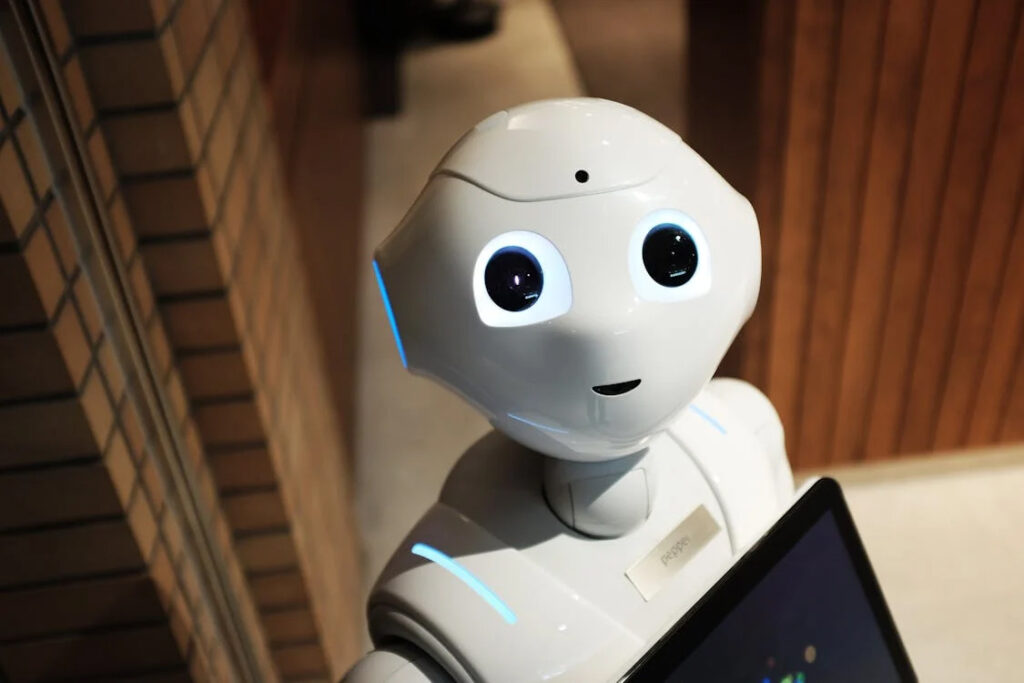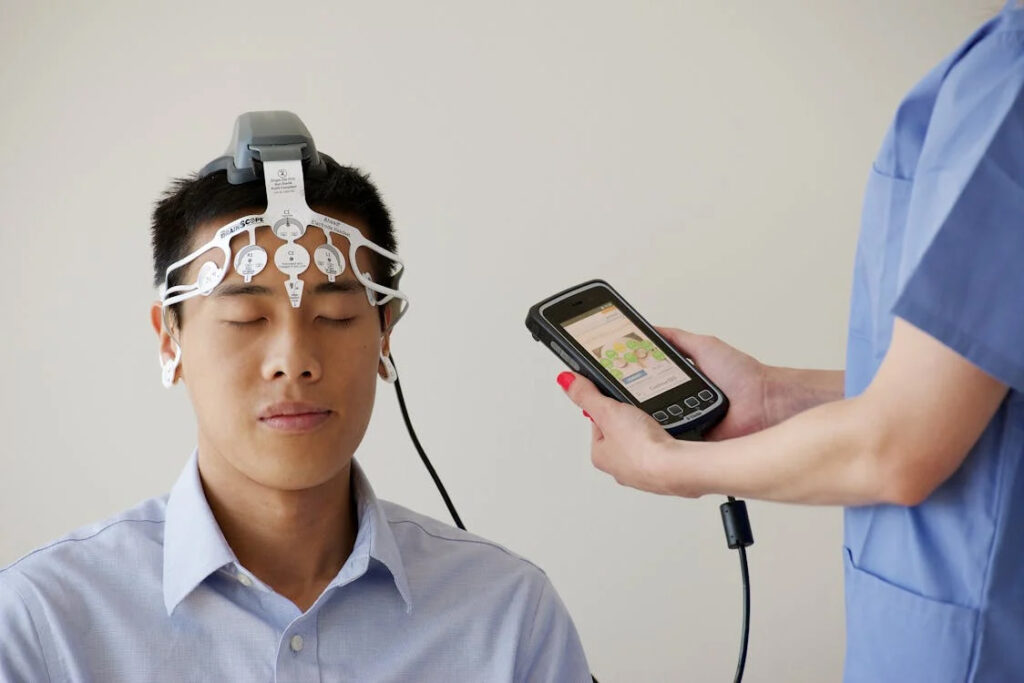How AI’s Emotional Intelligence Could Revolutionize Healthcare and Education
Rapid evolution of artificial intelligence (AI) is one of its most exciting developments—that of being able to comprehend human emotions. AI has the power to revolutionize several disciplines by combining conventional psychological approaches with modern technology as facial recognition, gesture analysis, and physiological monitoring. Offering real-time mental health monitoring and customized interactions previously unthinkable, this discovery could result in bespoke experiences in healthcare, education, and beyond.
AI’s Role in Emotion Recognition
AI can solve the inherent constraints of conventional approaches of emotional recognition by enhancing them. AI can identify minute changes in human expressions that could elude even human viewers using technologies like gesture recognition and facial emotion recognition (FER). To build a complete emotional profile, multi-modal emotion detection also incorporates other sensory inputs—sight, hearing, even physiological data. By offering more individualized and emotionally intelligent encounters, this capacity has the power to transform sectors, especially education and healthcare.
Combining Psychology and Technology
Though artificial intelligence is making great progress in this field, human emotions are naturally complicated and often difficult to measure. Combining psychological methods with artificial intelligence tools helps scientists more precisely decode emotional patterns. For example, eye movement and heart rate variability offer further understanding of emotional reactivity; electroencephalogram (EEG) equipment analyzes brain activity. These techniques provide clearer understanding of an individual’s emotional condition by turning intangible feelings into usable data that AI can handle. Development of AI systems that effectively and subtly grasp emotions depends on this mix of psychology and technology.
The Importance of Multi-Disciplinary Collaboration
Cooperation among fields like artificial intelligence, psychology, and psychiatry will help emotion-quantifying artificial intelligence to succeed going forward. Combining knowledge from several domains helps researchers to guarantee that artificial intelligence systems not only identify emotions precisely but also react correctly in different situations. Unlocking AI’s full potential in mental health applications—where emotion recognition could offer insightful analysis of a person’s psychological well-being—this multidisciplinary approach is essential. Such cooperation also guarantees respect of cultural subtleties, which helps AI to be more flexible and dependable among many populations.
Privacy and Ethical Considerations
Though exciting as emotion-reading artificial intelligence is, its growth has to be supported by strict privacy and ethical guidelines. Data security is first in importance in delicate fields like mental health surveillance. Gaining public confidence will depend critically on AI systems handling emotional data ethically and with complete operational openness. To keep its accuracy and dependability, artificial intelligence must also be culturally sensitive, adjusting to the particular emotional expressions and conventions of many nations. AI can transform emotionally based technology without sacrificing ethical standards by tackling these issues.
Industries including healthcare, education, and customer service are about to be transformed by AI’s capacity to read and respond to human emotions. AI can provide more individualized and successful emotional encounters by integrating modern technologies with classic psychological understanding. Still, the success of this technology will rely on multidisciplinary cooperation and careful handling of ethical issues, especially with relation to data protection. AI has fascinating future possibilities as it develops since it will only become more able to promote mental health and improve human-computer relationships.


